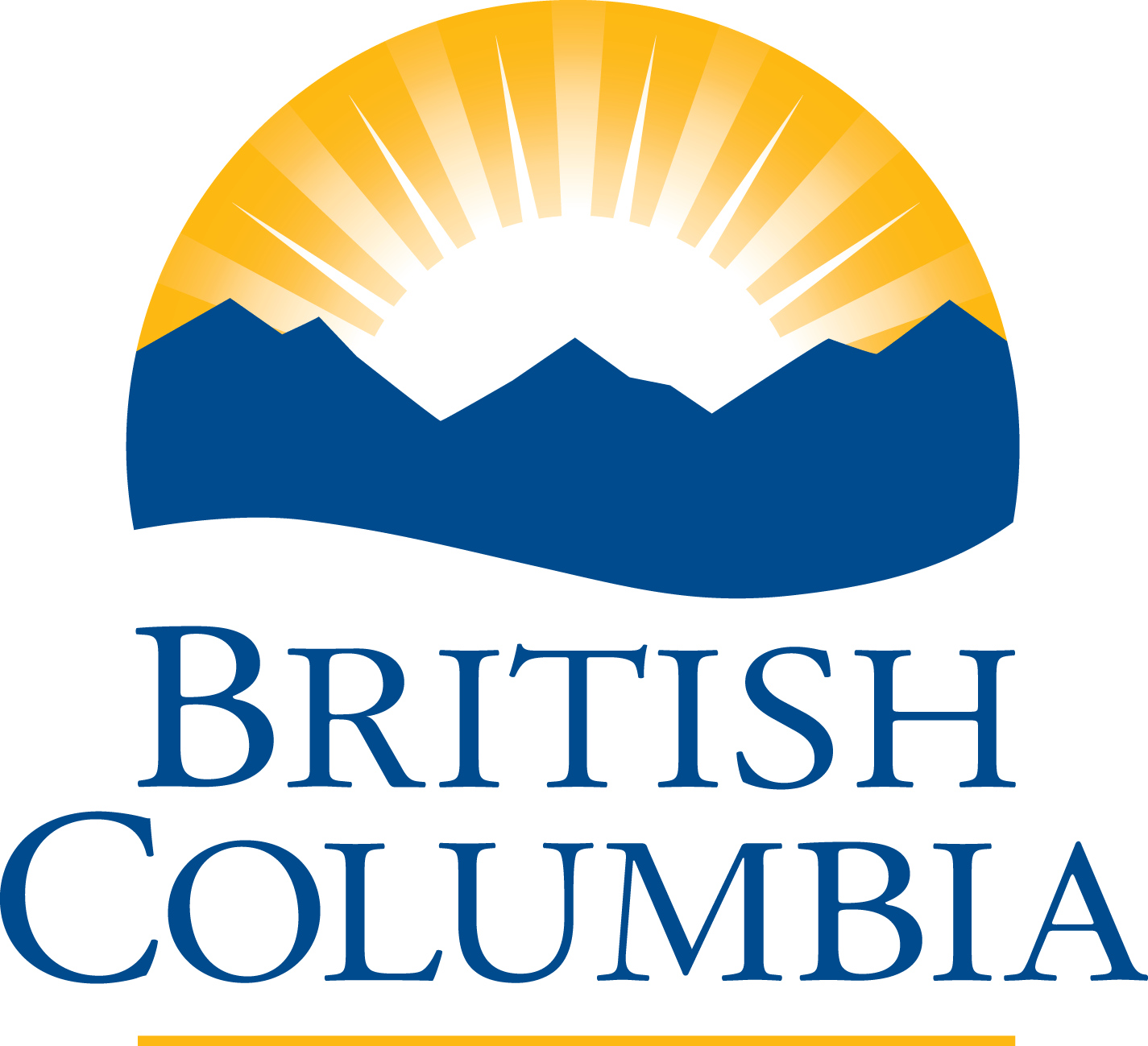BC Property Tax
Kelly Hudson • April 7, 2021

BC Property Tax - What You Need to Know When Buying a Home
When you own, lease or gain an interest in a property (e.g. land, home, etc.) located in the province of B.C. you must pay property taxes for every year you own your home.
Property taxes in B.C. are due the first business day after July 1.
Home Owner Grant
The home owner grant reduces the amount of annual property tax you pay for your principal residence.
Find out what you may qualify for
as a B.C. resident.
If you buy a home at another time, for example in September, unless the property seller has stated they are responsible for pay property taxes in the Contract of Purchase and Sale, then you must pay your share of the year to avoid a penalty.
Consider these examples:
Before July 1
If you buy your home before July 1 or before the taxes are fully paid, you’ll receive the sellers part of the property taxes. You’ll be responsible for paying the total amount of the property taxes.
• Possession date: April 1
• Taxes: $3,500 less $570 (Home Owner’s Grant) = $2,930
• January 1 to April 1, 2015 is 90 days. $2,930.00 x 90 days = 26,370 ÷ 365 days in a year = $722.46
You’ll receive $722.46 from the seller towards total cost of the property taxes, which you will pay in full by July 1.
After July 1
If you buy your home after the seller has paid for the full tax year, you’ll have to reimburse them.
• Possession date: September 1
• Taxes: $3,500 less $570 (Home Owner’s Grant) = $2,930
• September 1 to December 31, 2013 is 122 days. $2,930 x 122 days = 35,746 ÷ 365 days in a year = $979.34
You’ll need to reimburse the seller $979.34 on the Statement of Adjustments to compensate them for already paying the taxes for the full year.
BC Property Tax updates:
February 16, 2021
Retroactive home owner grant applications for 2020 are now being accepted online. Learn more about applying for a retroactive grant and about other information updates at gov.bc.ca/homeownergrant
December 31, 2020
The home owner grant application process has changed.
Effective 2021, residents in municipalities no longer apply for the home owner grant through their municipal office. Everyone will now apply directly to the province using a new online system that’s easy to use and will process applications faster.
The system will be available in early 2021. Visit gov.bc.ca/homeownergrant
for more information.
Mortgages are complicated, but they don’t have to be… Engage an expert!
Kelly Hudson
Mortgage Broker
Mortgage Architects
Mobile: 604-312-5009
Kelly Hudson
MORTGAGE ARCHITECTS

RECENT POSTS

What Is BC Assessment? Every January, British Columbia homeowners receive their annual Property Assessment Notice . BC Assessment is a provincial Crown corporation responsible for valuing all real estate in British Columbia for property tax purposes. Each year, BC Assessment provides an estimate of a property’s fair market value as of July 1 of the previous year . 👉 To view the most recent assessment for any property, visit the BC Assessment website and search by address. Important things to understand about BC Assessments Timing matters. Your 2026 assessment reflects an estimated market value as of July 1, 2025, not today. Markets change quickly. In active or volatile markets (like Greater Vancouver and the Fraser Valley), values can shift significantly in a matter of months. Mass appraisal methods are used. BC Assessment relies on algorithms and broad market data rather than a detailed, in-person inspection of your specific home. Because of this, an assessed value can differ — sometimes substantially — from: a lender-ordered mortgage appraisal, or a private real estate appraisal completed for buying or selling. BC real estate context (2026) As we move through 2026, BC housing markets continue to be influenced by: interest-rate expectations and changes by the Bank of Canada, affordability pressures, regional supply constraints, and local economic conditions. This means BC Assessment values should be used only as a starting point , not as a precise indicator of what a property will sell for or what a lender will accept as value. Bottom line: Do not rely on BC Assessment for the exact value of a property you’re planning to sell, purchase or refinance.




